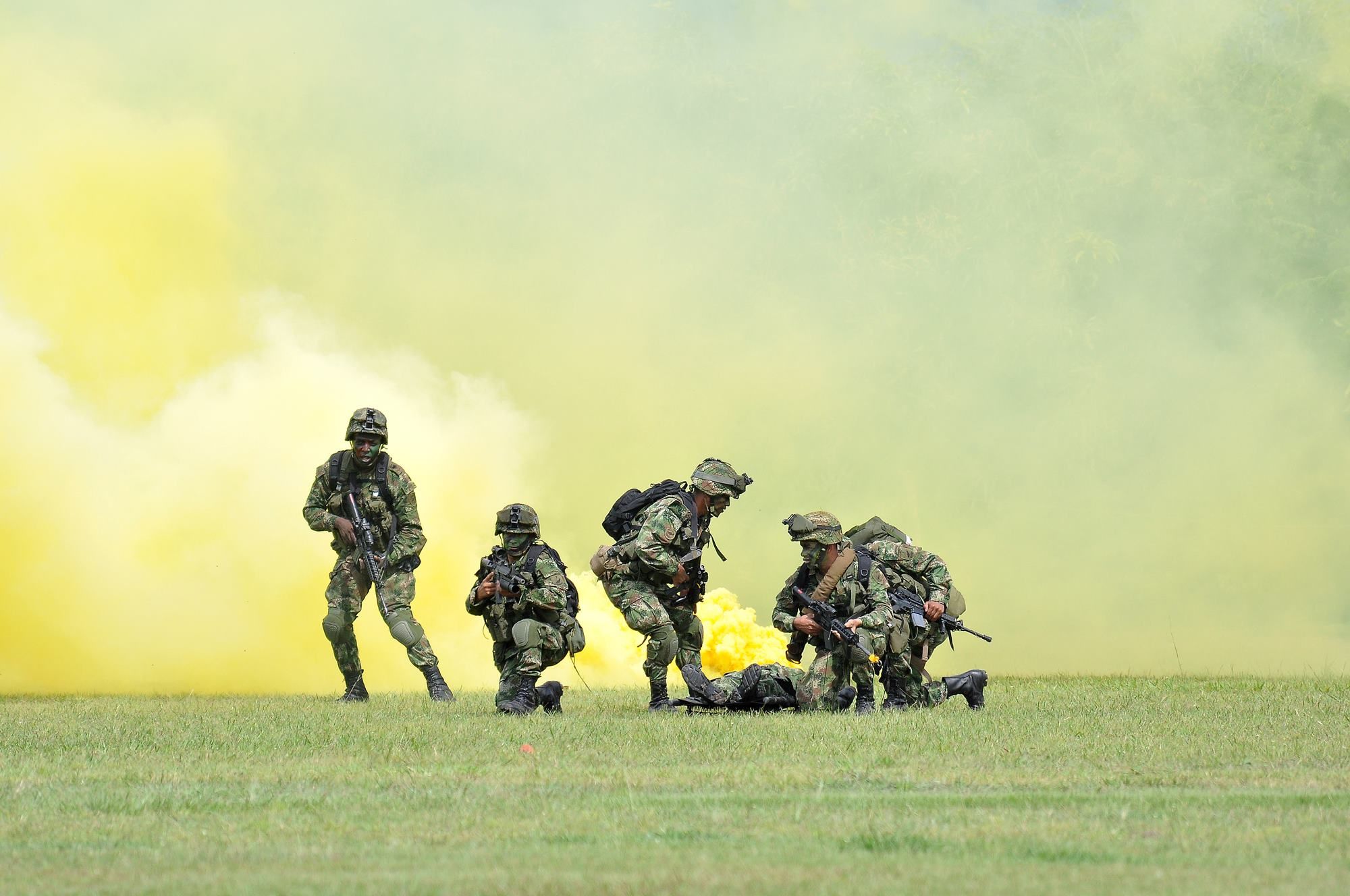
Lack of impartiality of a court where military officers participated in its bench in a appeal against the army
JUDGMENT
Kasat v. Turkey 11.09.2018 (no. 61541/09)
SUMMARY
Medical health issue during military service and lack of impartiality on the part of the Supreme Military Administrative Court, which dismissed an action for damages against the army. No violation of the right to privacy due to adequate medical examination of the applicant by the military authorities. Infringement of the right to a fair trial lack of adequate guarantees of independence of the Supreme Administrative Court of Turkey due to participation in it in active military officers
PROVISIONS
Article 2
Article 8
Article 6 par. 1
PRINCIPAL FACTS
The applicant, Adem Kasat, is a Turkish national, who was born in 1984 and lives in Mersin. The case
concerned his complaint about conditions of military life and an alleged lack of impartiality on the
part of the Military Administrative High Court, which had dismissed his compensation claim.
In October 2003 Mr Kasat underwent the requisite routine medical examination and was declared fit
for military service. In November 2003 he joined the military training unit of mountain commandos
at Isparta and was later assigned to the commando brigade of Kayseri.
While he was serving in the army he complained of back pain. The doctors diagnosed scoliosis and
low back pain. Mr Kasat was sent to hospital for medical treatment and was then put on sick leave.
After undergoing an operation, he was ultimately exempted from military service.
In November 2006 Mr Kasat applied to the Defence Ministry for compensation in respect of
pecuniary and non-pecuniary damage, but he received no reply. Mr Kasat then lodged his claim with
the Military Administrative High Court, which appointed a committee of experts.
In January 2009, on the basis of the reports, the High Court found that there was nothing in the file
to suggest that Mr Kasat’s condition had been related to his military service. It concluded that there
had been no negligence or fault attributable to the administration as regards the diagnosis and
medical treatment and thus dismissed the compensation claim. In April 2009 it also dismissed
Mr Kasat’s application to rectify the judgment.
Relying on Article 2 (right to life), the applicant complained of a violation of his right to respect for
his physical integrity. He argued that the conditions in which he had carried out his military service
had contributed to the worsening of his back pain. The Court examined these complaints under Article 6 § 1 (right to a fair trial) and Article 8 (right to respect for private and family life) of the Convention.
THE DECISION OF THE COURT
Article 8
The military authorities had a duty to ensure that conscripts were medically fit to face the conditions inherent in serving with the commandos and in the place to which they were posted.
In this connection, the applicant had undergone the usual process of a medical examination to verify fitness for military service in terms of health before beginning his training, and he had been declared fit. In addition, at the time of his mobilisation, he had not informed the authorities of any health problems.
According to the reports available in the file, the initial medical examination carried out at the time of recruitment might not have been sufficient to reach a diagnosis of scoliosis, particularly as the applicant had not drawn attention to any obvious symptoms or to the affected area of the spine.
After being posted to the commandos, the applicant had undergone a medical examination which had in particular included a chest X-ray but no back X-ray. Following that examination he had been declared fit and had begun the commando training.
Under the rules, however, scoliosis rendered a conscript unfit for military service. That being said, as there were no obvious signs of a handicap, it would have been excessive to expect the State to proceed with a more in-depth examination than that provided for by the rules of the armed forces concerning physical fitness for military service. It would also be disproportionate to ask the military authorities to carry out any specific medical tests, such as back X-rays, for each commando candidate, on the grounds of a possibility of such an underlying condition.
Moreover, the military authorities could not be reproached for a lack of good will. They had reacted properly and quickly enough once the applicant’s back problems had been identified. He had been admitted to hospital and operated on at the State’s expense. In addition, since the doctors had taken the view that the applicant could no longer continue to do his military service, he was then exempted from it. Lastly, no causal link between the military service and the existence, together with the progression, of the condition suffered by the applicant had been established by the medical assessments subsequently carried out.
Article 6
Relying on Article 6 § 1 of the Convention, the applicant also complains of a lack of independence and impartiality on behalf of the judges of the High Military Administrative Court.
The Court states that it has already examined an identical complaint in its leading case Tanışma v. Turkey (application no. 32219/05, 17 November 2015) and concluded that there had been a violation of Article 6 § 1 of the Convention on the ground that the officers sitting in the High Military Administrative Court did not benefit from the adequate guarantees of independence (Tanışma, cited above, §§ 76-84, and Sürer v. Turkey, No. 20184/06, §§ 45-46, May 31, 2016). In this case, the Court does not identify any element or argument that would lead it to depart from this conclusion.
It therefore declares this complaint admissible and finds a violation of Article 6 § 1 of the Convention.
Just satisfaction
EUR 1,500 (non-pecuniary damage)(echrcaselaw.com editing).


